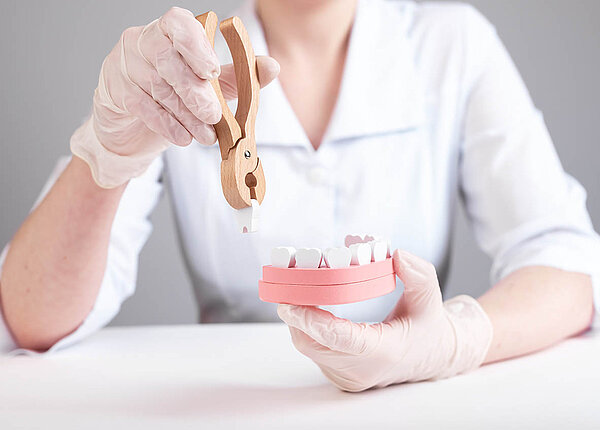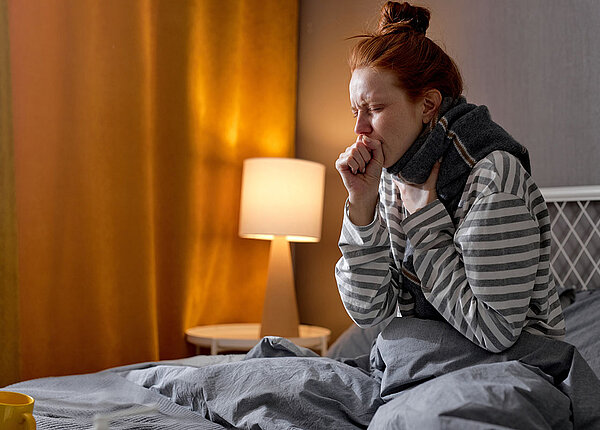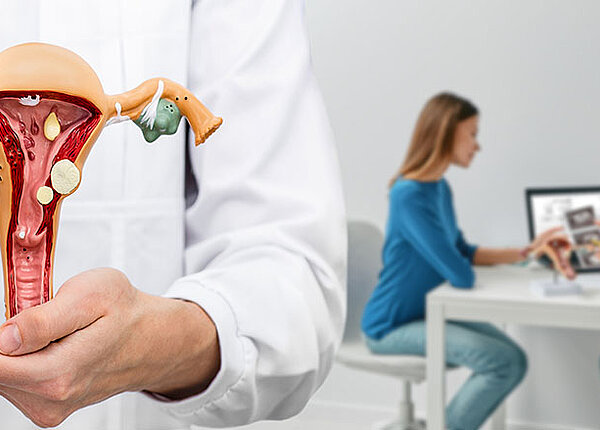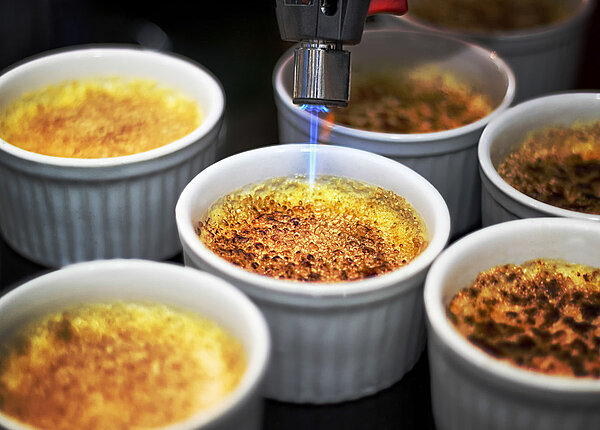English for PTA
THE CHANGE OF LIFE
Seite 1/1 3 Minuten
The wide variety of hormonal therapy available for treating these symptoms has not always had a very positive image. This is one of the reasons that a lot of women opt for alternatives such as false rhubarb, which is also known as Siberian rhubarb and monk’s pepper, both of which have been used successfully to treat the symptoms of menopause for many years. The main issue is weighing up the benefits of hormone replacement therapy and the risks associated with it. Although traditional natural remedies may also have side-effects, these side-effects are rare and generally only occur in over-dosage.
Pharmacy customer: Hello, do you speak English?
PTA: Hello, yes I do. How may I help you?
A friend of mine told me about a product that is supposed to help with the symptoms of the menopause. I can’t for the life of me remember what it is called and I haven’t been able to reach her today as she is off to Singapore on holiday!
Did you friend say if it was prescription medicine or did she talk about an OTC product?
It was an OTC product!
Okay! I’ll show you some of our natural products and tell you their English names and maybe something will ring a bell. This one is Siberian rhubarb and this one here is monk’s pepper.
Vocabulary
mood swings Stimmungsschwankungen
hot flushes Hitzewallungen
sweating attacks Schweißausbrüche
wide variety Vielzahl
opt for sich für etwas entscheiden
Siberian rhubarb Sibirischer Rhabarber
monk’s pepper Mönchspfeffer
weighing up abwägen
associated with mit verbunden
prescription verschreibungspflichtiges
medicine Medikament
breast-feeding Stillen
fairy candle Trauben-Silberkerze
sage Salbei
imbalanc Ungleichgewicht
bloating Aufgeblähtsein
breast tenderness Brust Druckempfindlichkeit
It was definitely the monk’s pepper! Great! I’ll take it!
Good! I need to ask you a few questions before I sell it to you!
Alright!
You are not pregnant are you?
No.
Are you breast-feeding or are you taking the pill at the moment?
No. I stopped taking that nearly two years ago.
Ok. It is available as a tea or in capsule form. Which would you prefer?
I’ll take the capsules, thank you. How often should I take them?
I’ll just check that. This is actually a combination of chasteberry, that’s the other name for monk’s pepper, and fairy candle, right you should take it once a day.
For how long?
It depends on the patient, but generally for three months. You should start to feel some of the effects within the next couple of weeks or so.
Oh my goodness! What can I do about my symptoms until then?
You mean the sweats and the hot flashes? What is really good for the sweats is sage.
Okay! I’ll take that as well. How does the monk’s pepper work?
It is not a hormonal preparation in itself, but it helps the body with the hormonal imbalance connected with the menopause and also menstrual cramps, bloating, and breast tenderness, and even migraine.
Why haven’t I heard of it before?
Well it is only in the last fifteen to twenty years that any international studies have been carried out to confirm its effectiveness. More and more women are looking for an alternative to hormones.
I see. You’re very helpful. Thank you.
You are welcome. Bye, bye!
Goodbye!
Den Artikel finden Sie auch in die PTA IN DER APOTHEKE 07/17 auf Seite 126.
Catherine Croghan, Lecturer in English and native speaker












